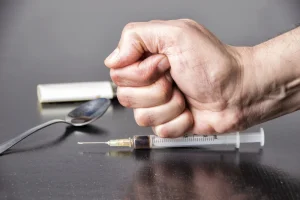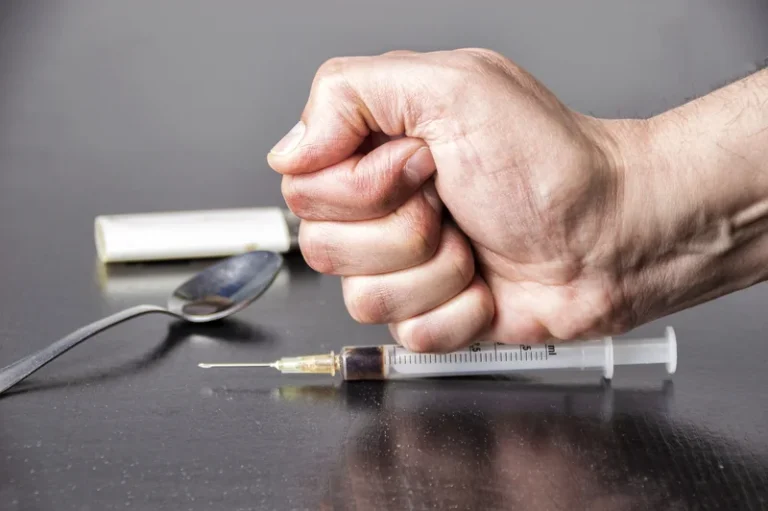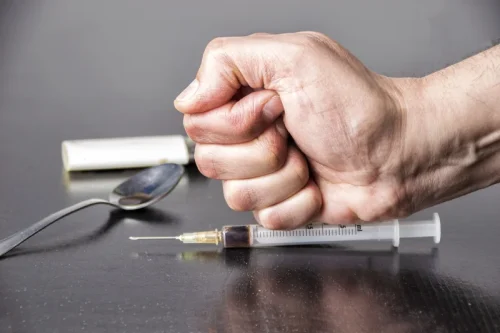
Participants who were classified as short-sighted, were more likely to aggressively retaliate, especially when they were drunk. Intoxicated participants who were classified as more present-focused shocked their opponents longer and more intensely than any other participants in the study. The study also showed that alcohol consumption did not have much impact on the aggressiveness of future-focused people.
Alcohol-Induced Aggression

When we delve deeper into the psyche of an ‘angry drunk,’ we often find a complex interplay between psychological factors and substance use. It’s important for both individuals and society as a whole to understand these dynamics better – not just to handle such situations effectively but also for preventive measures. Get you or your loved drug addiction one help for addiction or mental health issues today.
- In some cultures or social groups, aggressive behavior while drinking may be more tolerated or even encouraged, creating an environment where mean drunk behavior is normalized.
- Michael Haines, director of the National Social Norms Resource Center at Northern Illinois University, explains the logic behind social-norms marketing.
- Similarly, in nearly 40% of violent incidents, surveyed individuals from the United Kingdom said they believed their perpetrator was under the influence of alcohol.
- Each time the participant was randomly selected to lose, they received an electric shock that increased in length and intensity over the course of the trials.
When Drinkers Get Depressed
Personal history and genetic factors can play a role in how someone reacts to alcohol. For example, if you have a family history of alcohol abuse or domestic violence, you might be more prone to aggressive behavior when drunk. Empirical evidence in the form of brain scans are lacking in this area, which is where Denison’s experiment comes in.

Distinguishing Angry Drunks from Happy Drunks

They why does alcohol make people angry completed surveys assessing their endorsement of traditional masculine norms, use of thought suppression, and both trait and alcohol-related aggression. It was found that thought suppression mediated the association between the toughness masculine norm and alcohol-related aggression. Studies show that displays of anger are seen more often in men than in women and in people who already tend toward anger.
- Alcohol consumption produces different effects for each person that drinks it.
- Empirical evidence in the form of brain scans are lacking in this area, which is where Denison’s experiment comes in.
- In other words, long-term anger management is borderline impossible when someone is drinking regularly or in excess.

Another study revealed that alcohol-dependent men had drunk significantly more alcohol in the 12 hours before violent conflicts with their partners than before situations https://ecosoberhouse.com/ that did not end in violence (14). Acute episodes of high alcohol consumption therefore seem to favor aggressive behavior more strongly than chronic alcohol consumption (15, 16). Thus it seems that more frequent severe, acute intoxication makes a decisive contribution to the high prevalence of alcohol-related aggression in alcohol-dependent individuals. Associations between alcohol and domestic violence share a complex link based on many factors and can be present in an otherwise healthy-seeming relationship. People who batter their significant others are also often angry drunks.
Does Alcohol Withdrawal Cause Anger?

For some people, this may mean they are happier and act silly when drinking while others get angry more easily. Studies indicate that alcohol is linked more closely with aggression than any other substance¹. Yes, some people might have underlying psychological issues like stress or anxiety that become more pronounced when they drink. Alcohol lowers inhibitions, so these feelings can come out as anger or aggression.



